
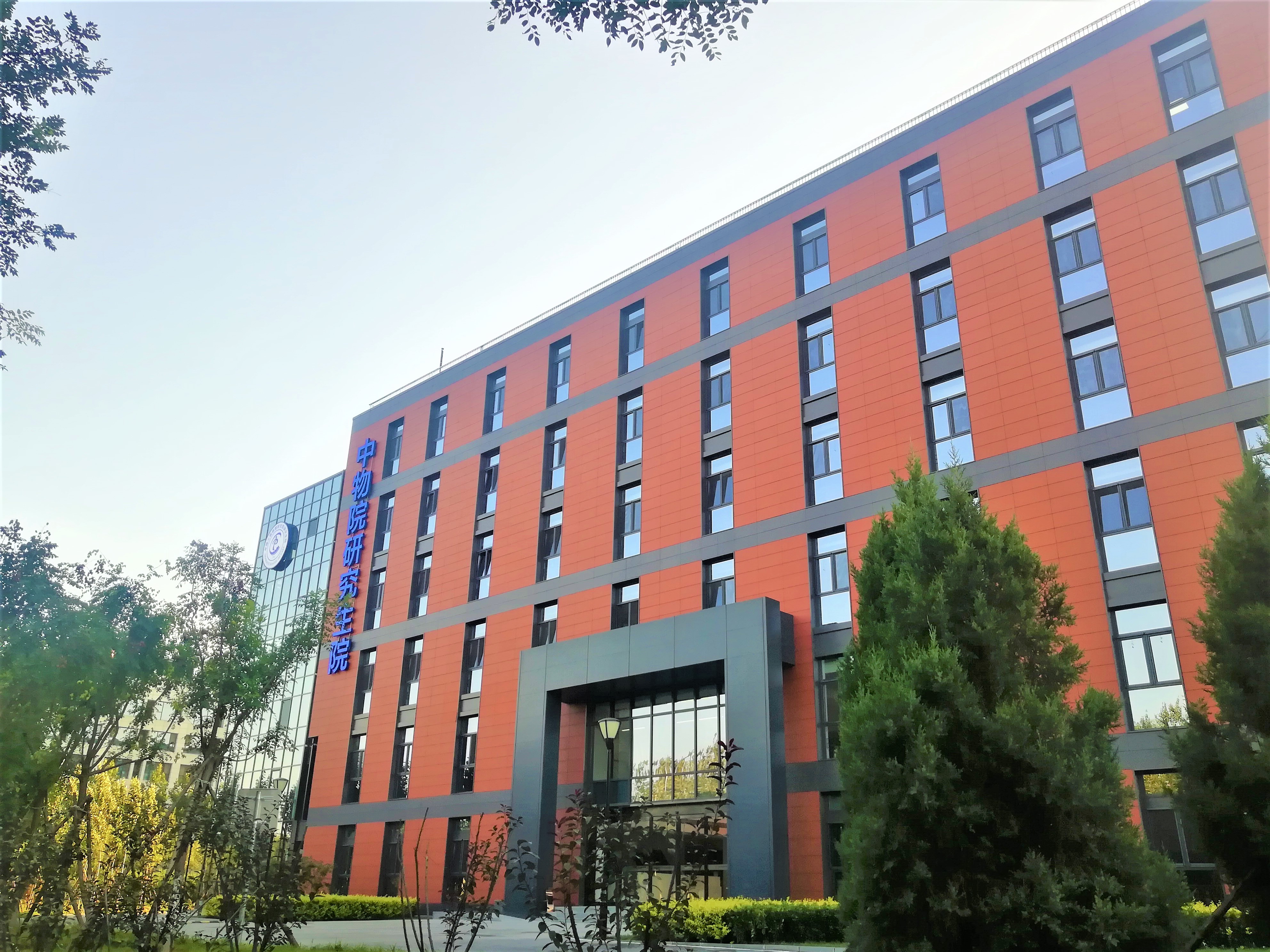
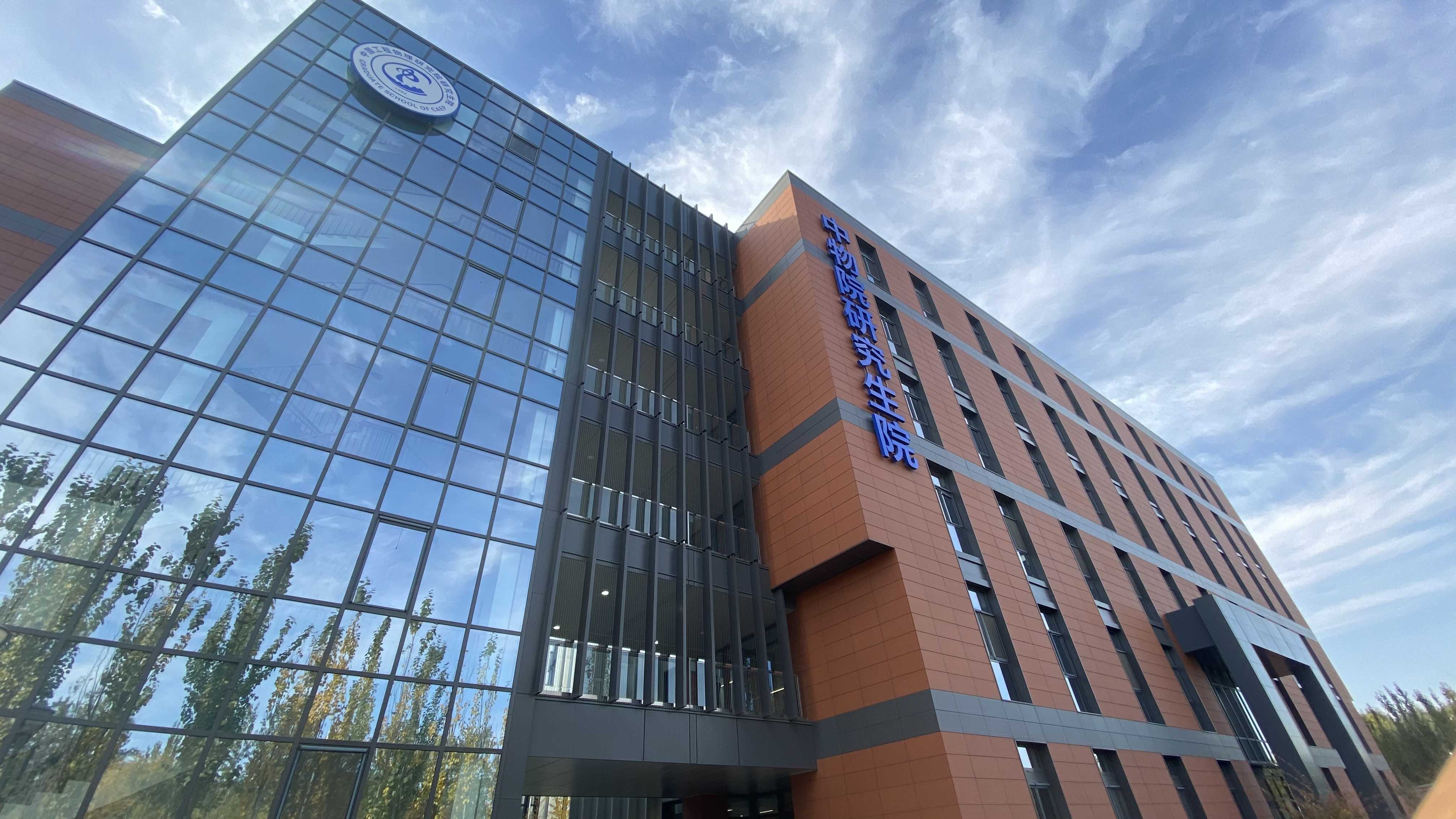
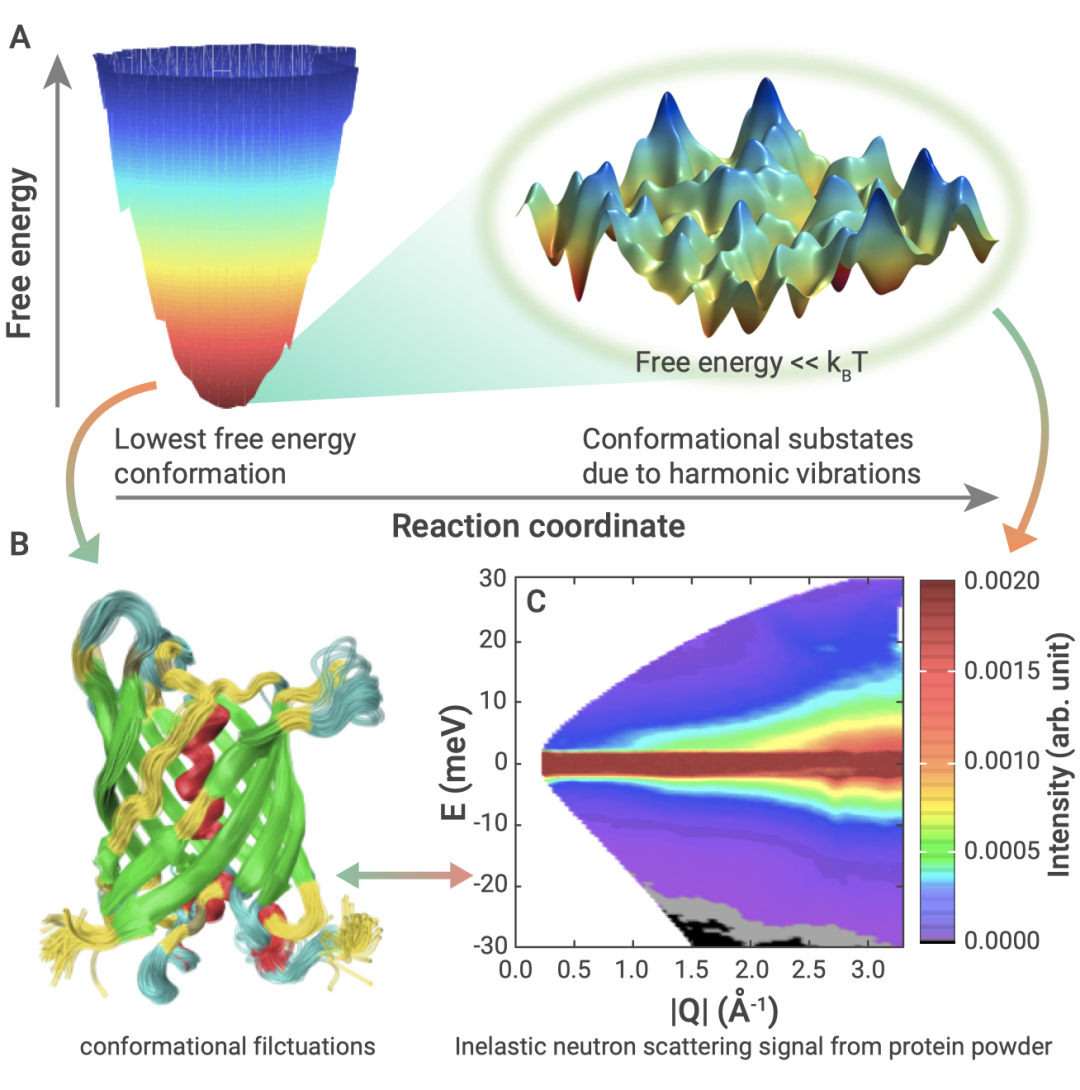

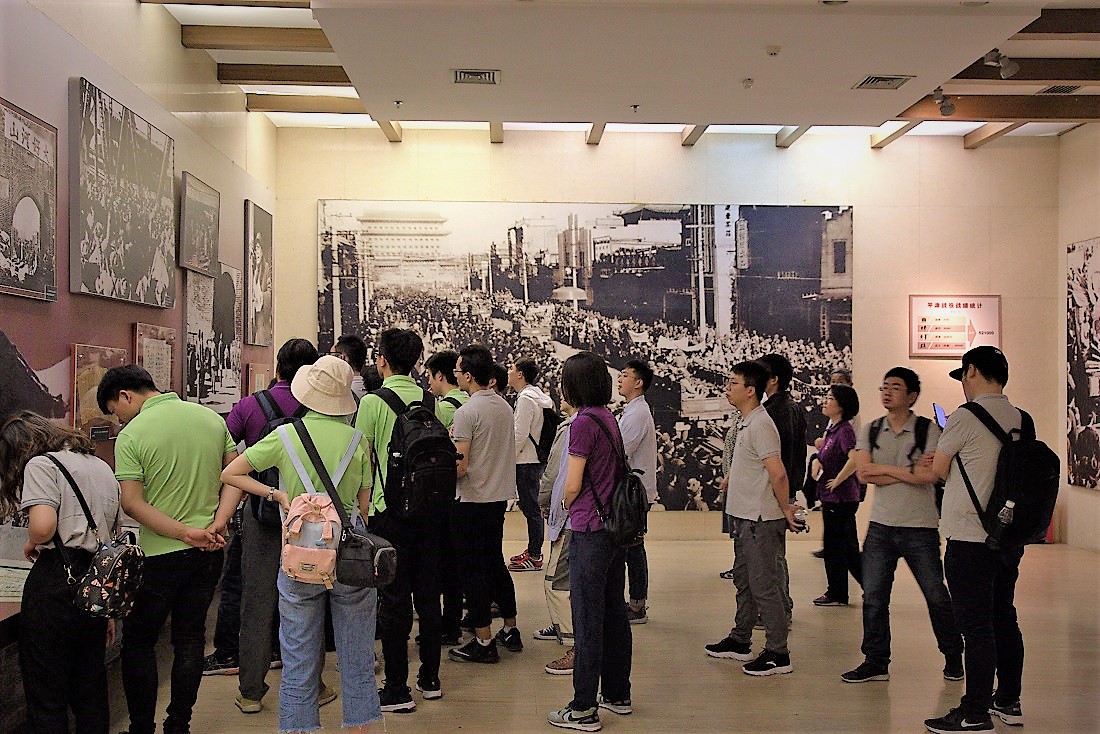









On the morning of July 1, 2024, the launch meeting for the Major National Science and Technology Innovation 2030 Project on “Quantum Communication and Quantum Computers,” specifically the project titled “High Time-Resolution Dynamic Precision Spectroscopy Measurement Technology Based on Quantum Sensing and Compressed Sensing,” was successfully held in Beijing. This project is led by the Graduate School of China Academy of Engineering Physics, with participation from Northeast Normal University, Beijing Institute of Technology, Hainan University, and Renmin University of China. The meeting was attended by Academician Changpu Sun from the Graduate School, members of the expert team, project leaders, and research topic leaders. The meeting was chaired by Researcher Yuxiang Weng, a member of the expert team.
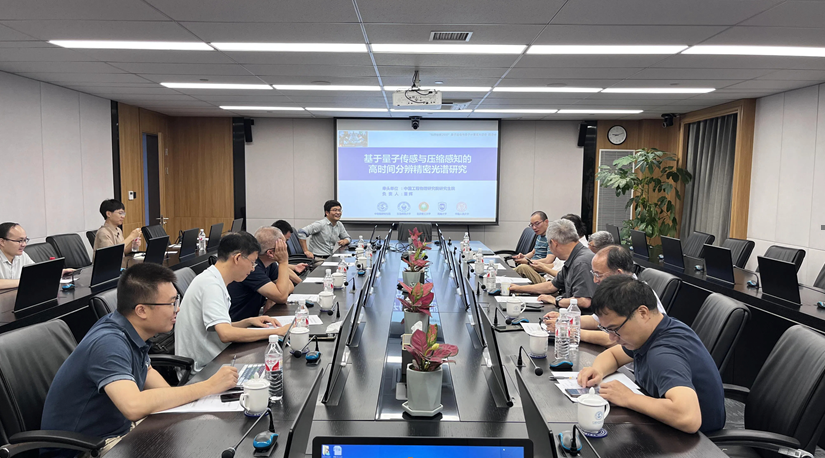
At the beginning of the meeting, Donghui Dong, the project leader from the Graduate School, first introduced the experts attending the conference. They included: Professor Ya Cheng from East China Normal University, Researcher Haifeng Jiang from University of Science and Technology of China, and members of the project expert group: Professor Guilu Long from Tsinghua University, Researcher Yuxiang Weng from the Institute of Physics, Chinese Academy of Sciences, Professor Yuxi Liu from Tsinghua University, Professor Xiaoguang Wang from Zhejiang Sci-Tech University, and Professor Jianming Cai from Huazhong University of Science and Technology.
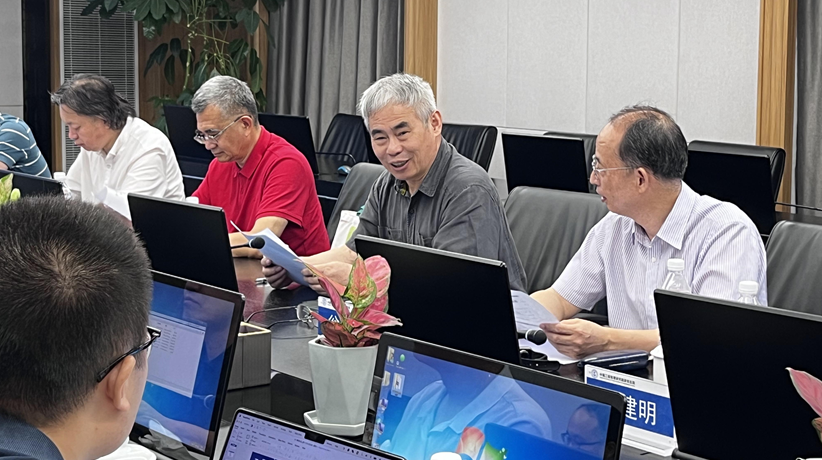
Subsequently, Academician Changpu Sun welcomed all the experts and emphasized that the meeting should fully utilize academic democracy and academic freedom. He pointed out that rigorous academic discussion reflects academic spirit and expressed hope that the experts would speak freely and offer many suggestions, laying a solid foundation for the smooth progress of the project.
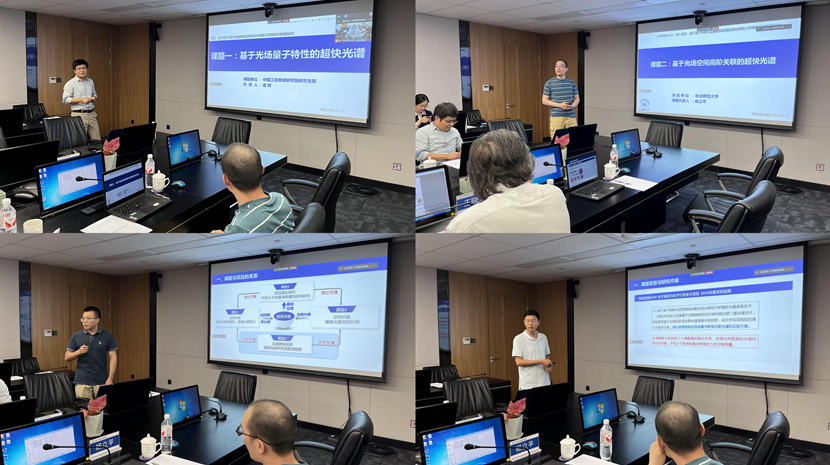
During the meeting, Researcher Hui Dong provided an overview of the project. He noted that quantum sensing and compressed sensing have greatly enhanced the ability to carry and acquire information from optical fields. By ingeniously integrating these two technologies and applying them to the field of time-resolved spectroscopy, it is expected that the resolution and sensitivity of dynamic spectroscopy measurements will be fundamentally improved, while also reducing measurement sampling time. This integration is not only significant for the development of a new generation of high-time-resolution spectroscopy technologies but also provides an unprecedented opportunity for a deeper understanding of the dynamic behavior of microscopic systems. Following this, Researcher Hui Dong, Associate Professor Liping Yang from Northeast Normal University, Associate Professor Dazhi Xu from Beijing Institute of Technology, and Professor Yong Li from Hainan University each provided detailed reports on the specific implementation plans for the four research topics, covering aspects such as research background, research content, technical approaches and research foundations, progress schedules, and evaluation criteria.
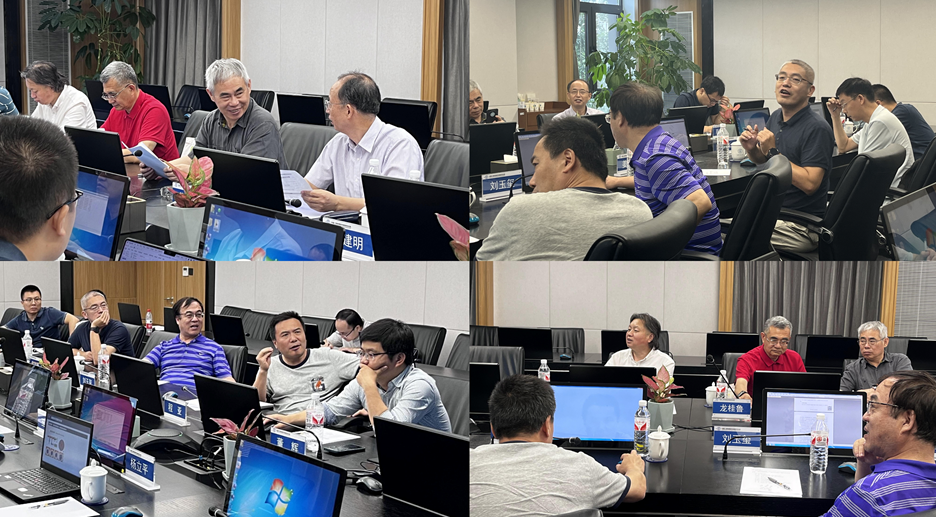
Finally, the expert team reviewed the reports on each research topic and provided guidance on key aspects of project implementation, such as evaluation criteria and expected outcomes. They offered several constructive suggestions and opinions, noting that the project team has a solid research foundation and that the project implementation plan is feasible. The expert team also emphasized the importance of breaking down barriers between research teams, fostering collaboration, and establishing a regular communication mechanism to jointly advance the successful research and implementation of the project.
The Science and Technology Innovation 2030 Major Project is a significant science and technology initiative and major engineering project that reflects national strategic intentions, with 2030 as its target year. It focuses on cutting-edge technologies, major needs, and national security requirements, aiming to secure strategic advantages in future competition. This project is the first major Science and Technology Innovation 2030 project led by the Graduate School.
